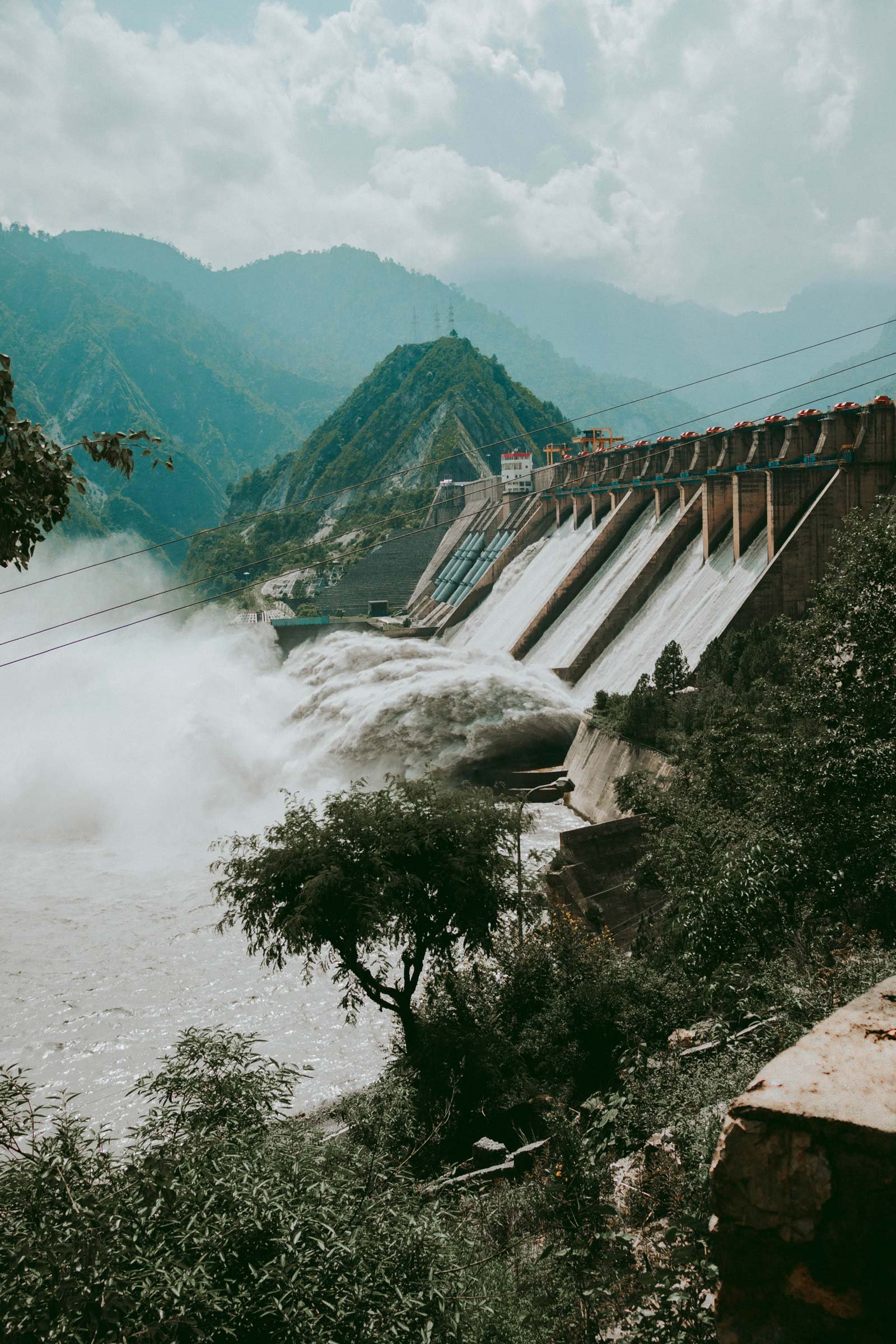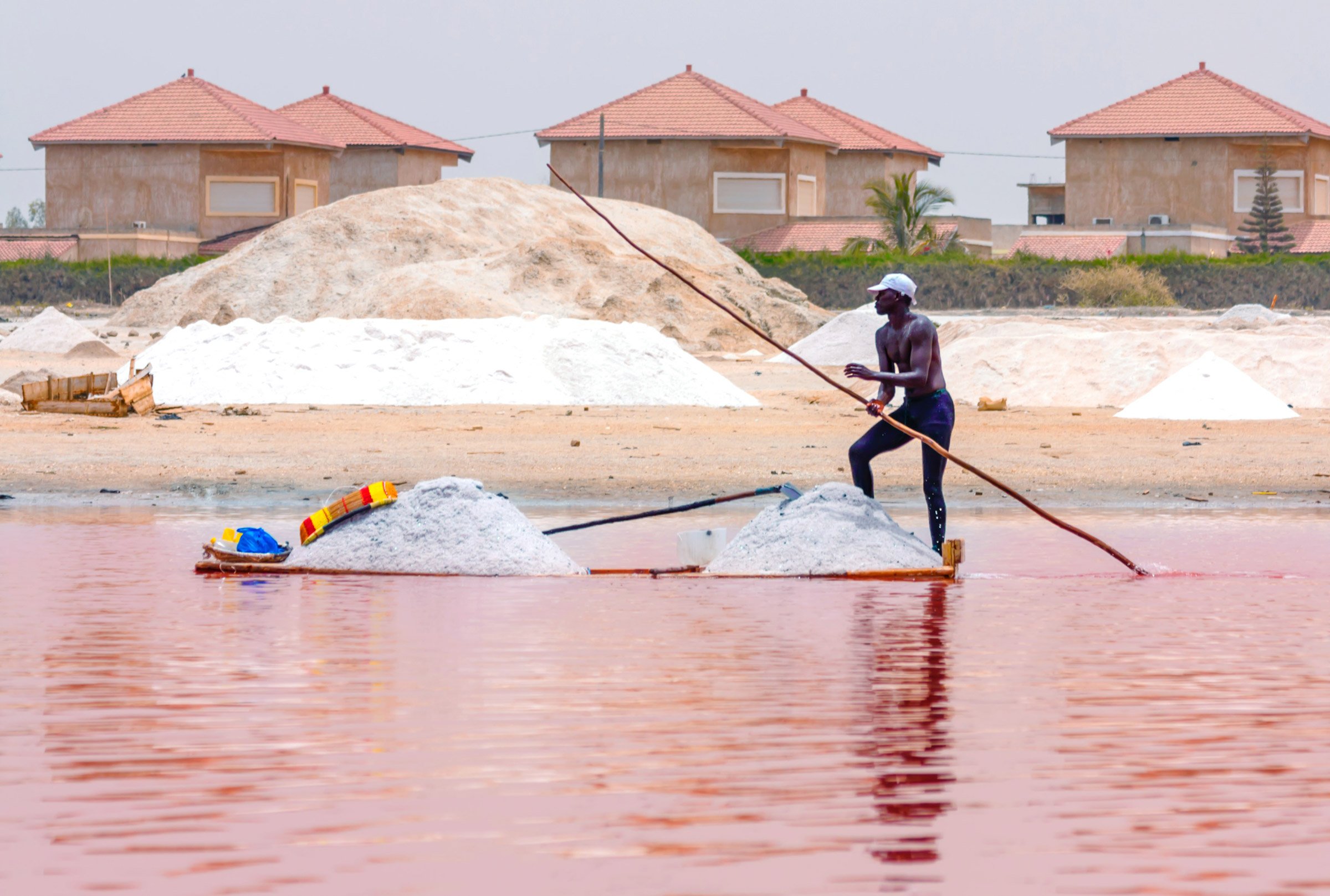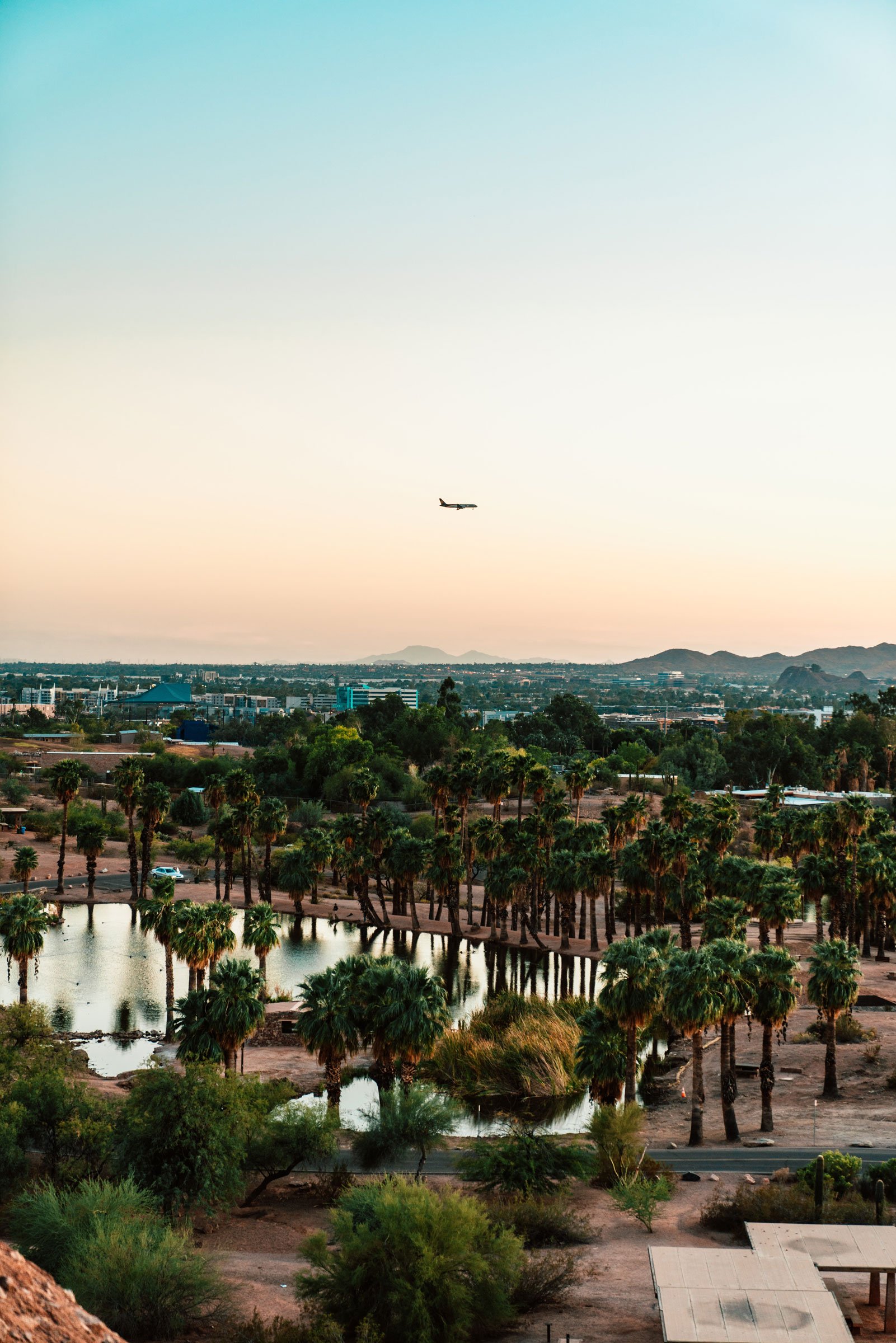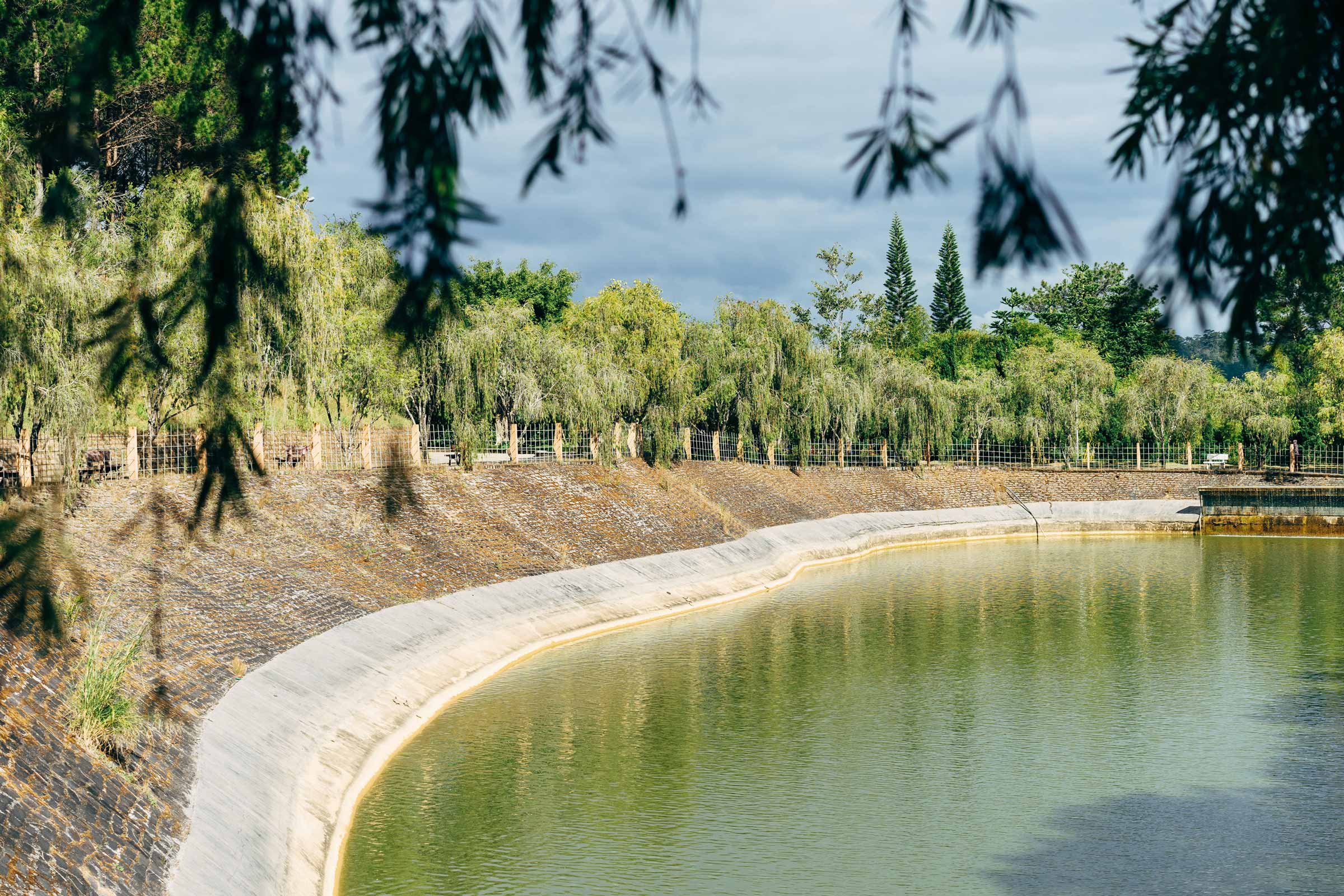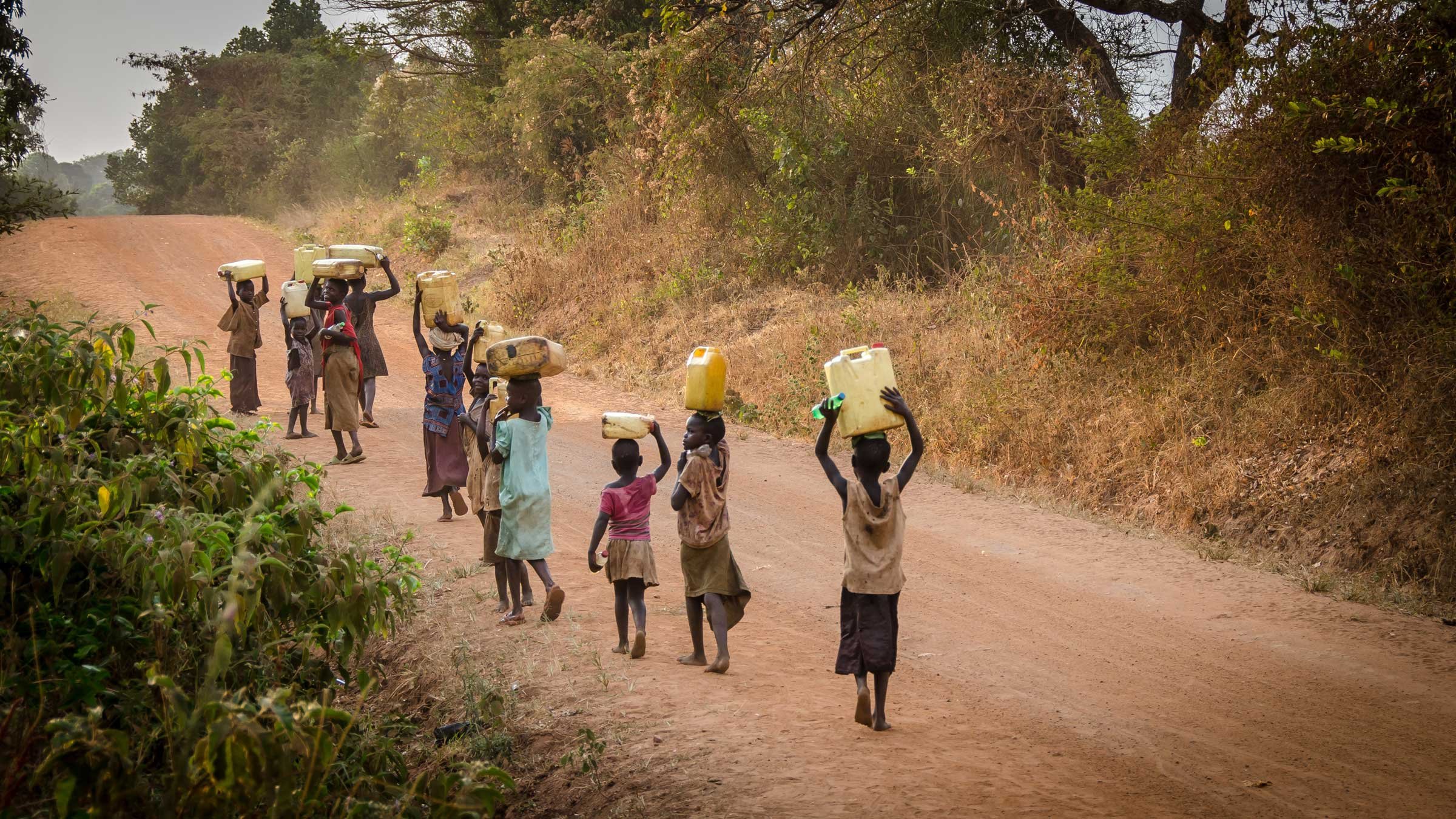Harry Dixon & David M. Hannah – January 27, 2021 – 15 min read
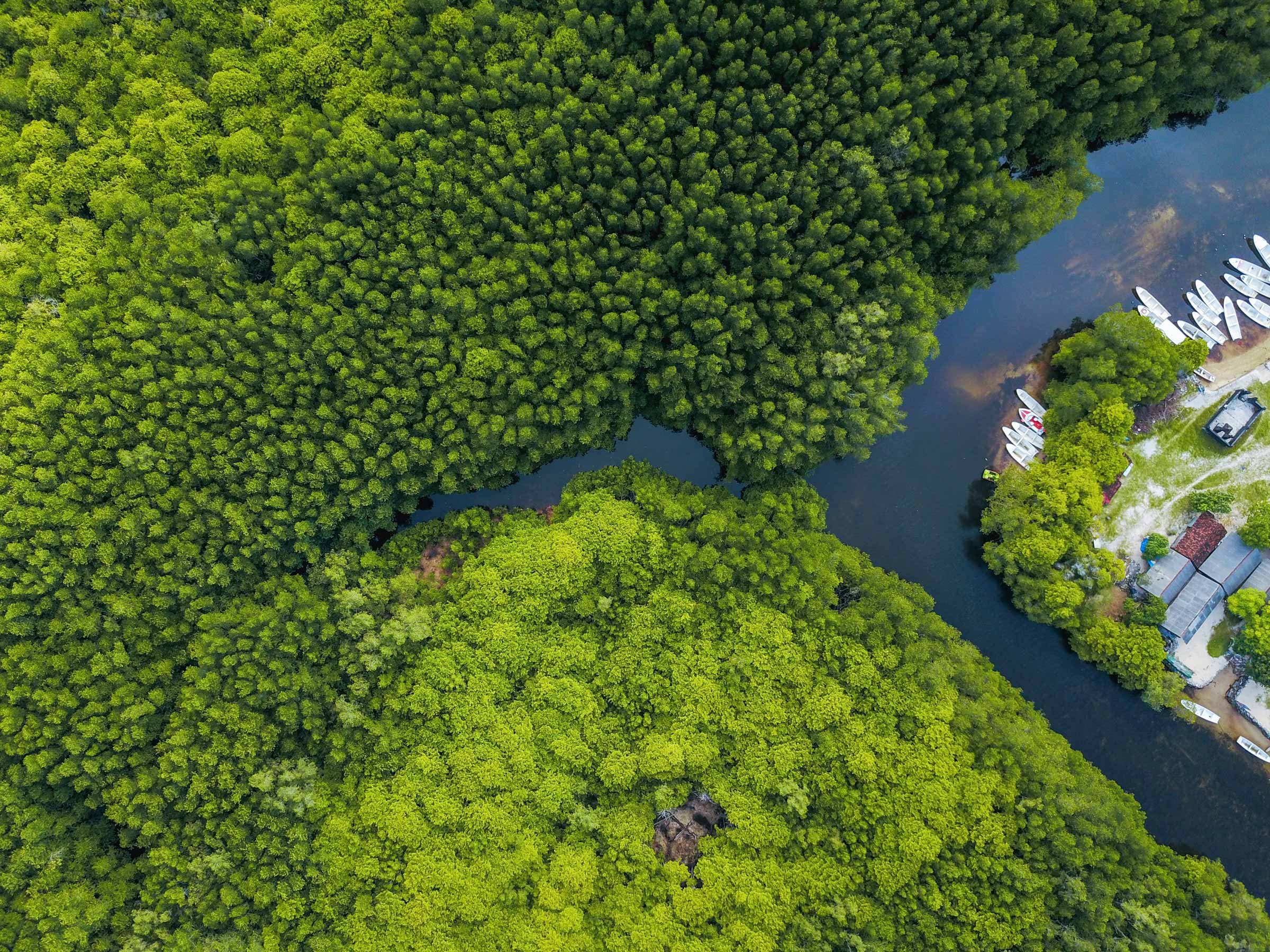
The COVID-19 crisis puts in sharp focus the need for global cooperation, reminding us that in the face of common global challenges we must come together to share knowledge and develop collective solutions for the good of society and our planet.
This year marks the 75th anniversary of the United Nations and this week a high-level meeting of the UN General Assembly is being convened to reaffirm Member States collective commitment to multilateralism under the title, ‘The Future We Want, the UN We Need’.
Earlier in 2020, the UN launched a global consultation where “people from all walks of life were asked about their hopes and fears for the future, their priorities for international cooperation and for the United Nations in particular”. Over 1 million people responded worldwide with key findings captured in a report. As may be expected amidst the current pandemic, the immediate priority of respondents was improved access to basic services: water, sanitation, healthcare and education. Looking over a 25-year horizon, our “inability to stem the climate crisis” and “destruction of the natural environment” were respondents’ overwhelming concerns. At the core to these immediate and longer-term concerns is water.
UNESCO is the United Nations Educational, Scientific and Cultural Organization. Formed in London as World War Two ended, it seeks to “build peace through international cooperation in Education, the Sciences and Culture”. Since signing of the Organization’s constitution on 16 November 1945, the UK had played an active role in UNESCO’s programmes and initiatives. UNESCO is perhaps most synonymous with World Heritage Sites (e.g. Ironbridge Gorge, Giant’s Causeway) and its Creative Cities’ (e.g. Dundee, Bristol); and UK engagement with the Organisation creates £151 million of financial benefit to local communities each year. However, you may be unaware that UNESCO is the only UN agency with a specific mandate for science – the “S”? UNESCO promotes science for evidence-based policy and education.
An important part of UNESCO’s science remit is delivered through the Intergovernmental Hydrological Programme (IHP), the only “intergovernmental programme of the United Nations system devoted to water research and management, and related education and capacity development”. UK contributions to the IHP (stemming largely from universities and research institutes) are coordinated through a national committee, hosted by the UK Centre for Ecology & Hydrology. Freshwater is the most important natural resource. It is a condition for life that crosscuts all our social, economic and environmental activities. Yet billions of people worldwide are confronted with serious water-related challenges: from water scarcity, poor quality, lack of sanitation facilities, to hydrological disasters such as floods and droughts. Overall, it is estimated that ~80% of the world’s population lives in areas with high water security threats. Thus, water security is perhaps the most pervasive and fundamental of all the global challenges, and impacts on all types of societies from the most to the least developed.
In this context, the UNESCO Chair in Water Science (established at the University of Birmingham in November 2017) aims to develop a transformative approach to tackle ‘wicked water problems’ – these are multifaceted, interconnected problems that are very difficult to solve due to lack of data and changing human needs amongst other reasons. Working under the auspices of UNESCO, researchers from Birmingham are working with partners from across the UK and internationally to advance innovative and sustainable solutions to the water crisis. The use of new, cost-efficient sensing technologies for water monitoring and harnessing the knowledge of local people as ‘citizen scientists’ represent just two areas where our current research has potential to enhance significantly our understanding of water science. This will improve, in turn, our ability to manage sustainably water resources (and related ecosystem services) for the betterment of peoples’ livelihoods and our environment.
The COVID-19 pandemic is a wake-up call for water security. We are all aware acutely of the crucial need for access to safe water for handwashing to reduce transmission risks of communicable diseases. Access to safe water is a basic human right that is not being met for large sections of the world’s population. Urgent action and global collaboration on water security is essential to better prepare societies for the future – including global health crises. Across the world, policy makers need to focus on behavioural change, knowledge promotion and investment in water infrastructure.
I truly hope these open-door publishing schemes move towards a permanent fix. The time is more than ripe, it’s festering. Deserving, down-trodden under-represented writers must keep the pressure on. By continually speaking up. We will beat, or bore, the industry into submission, between us.
To achieve this, the United Nations, and its scientific bodies such as UNESCO, are essential to fostering science-education-policy cooperation and “building peace in the minds of men and women”. Only by working together – to build shared understanding and develop evidence-based management and policy responses to water challenges – can we build ‘The Future We Want, the UN We Need’.
Share this via…


